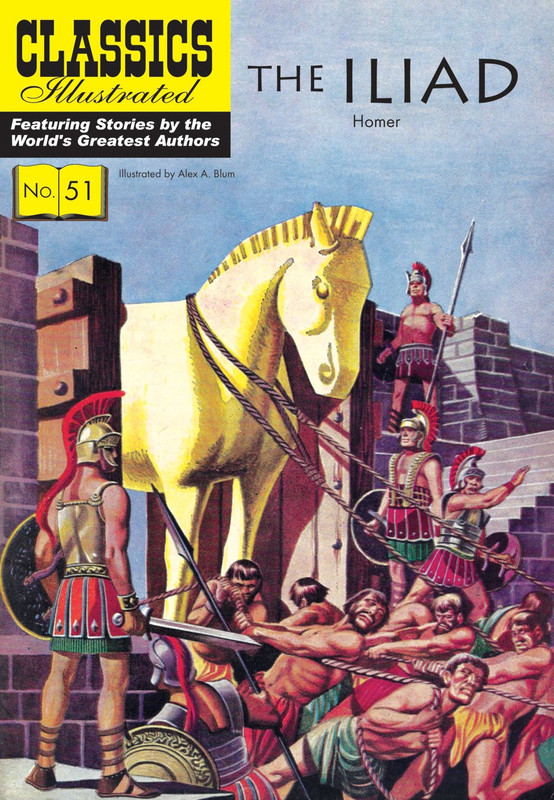https://www.mindingthecampus.org/2018/0 ... eat-books/
The Moral Frame of Victimhood
The professors act this way because they are suffused with ressentiment. Ressentiment is, of course, Nietzsche’s term for a certain state of mind, or rather, a condition of being. He liked the French word because it signified a deeper psychology than the German (and English) equivalent does. Ressentiment is the attitude of slave morality, Nietzsche wrote, the moral formation of one who feels rage and envy but hasn’t the strength or courage to act upon them. A man of ressentiment knows and resents his own weakness and mediocrity, and he hates the sight of greatness, which only reminds the lesser party of his own inferiority. And so he fashions a new moral system whereby victimhood becomes a high badge, suspicion signifies a sensitive eye for justice, and group denunciation of lone dissenters is the surest path to virtue.
I am sure many readers of Minding the Campus have come across these types often in their academic careers. I’ve met them again and again, and a great error of my early academic career was to try to befriend them, or at least to try to lay out some common ground of collegiality. How naïve was that! You don’t ingratiate yourself with people who set their vindictiveness behind an exterior of sympathy for the disadvantaged and hurt ones among us. It obligated me to a degree of grubbing. The dynamic is never straightforward. They speak the words diversity and tolerance and inclusion, but they don’t mean them. In their mouths, those make-nice sounds are weapons of reproach. When you first encounter these colleagues, they seem tentative and probing, but not out of friendly curiosity about who you are. It’s a fraught examination of where you stand, for such creatures are acutely conscious that everyone takes a side, and they want to figure whether you’re with-us-or-against-us. Harold Bloom called them the School of Resentment long ago, and he was absolutely right. It took me awhile—far too long—to figure out that the chips on their shoulders had nothing to do with me, only with something they fancied I represented.

